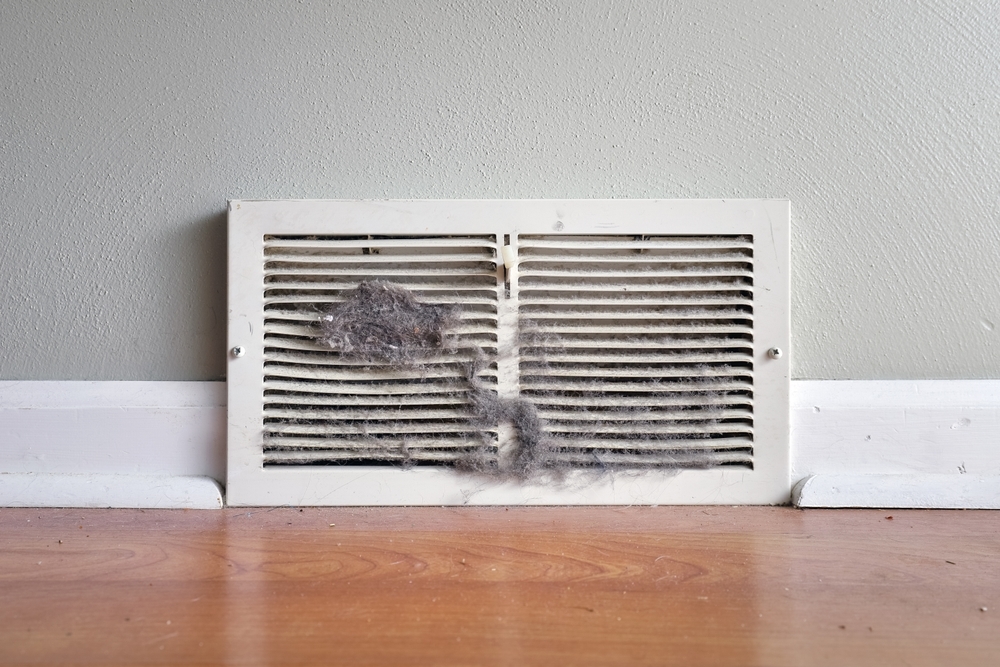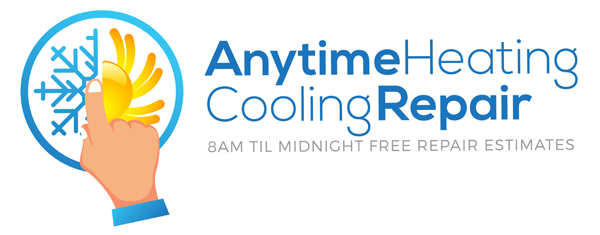
Ever wondered why your home feels stuffy even with the AC running? Or why some rooms are colder than others? The answer lies in HVAC airflow importance. Proper airflow is the unsung hero of your heating and cooling system, quietly working behind the scenes to keep you comfortable. But when it’s not up to par, you’ll notice – and so will your energy bills.
HVAC airflow importance goes beyond just pushing air around. It’s about creating a balanced, efficient system that keeps your home comfortable year-round. Let’s dive into why airflow matters so much and how you can make sure your system is breathing easy. Sufficient airflow is a key factor in maintaining desired temperatures.
Think of your HVAC system as the lungs of your home. Just like we need proper breathing to function, your home needs good airflow to stay comfortable and healthy. When airflow is restricted, it’s like your house is trying to breathe through a straw. Proper airflow helps your components work efficiently.
Ever walked from one room to another and felt like you’ve stepped into a different climate? That’s often a sign of poor airflow. When air doesn’t circulate properly, you end up with hot and cold spots throughout your home.
Good airflow ensures that conditioned air reaches every corner of your living space. It helps maintain consistent temperatures, so you’re not freezing in the living room and sweating in the bedroom. Consistent temperatures contribute to maintaining comfortable living conditions.
Your HVAC system works hard to heat or cool your home. But if that air isn’t flowing freely, your system has to work even harder. This extra effort translates directly to increased electric bills.
We spend a lot of time indoors, especially at home. That’s why indoor air quality is so crucial for our health and comfort. Good airflow helps remove pollutants, allergens, and excess moisture from your home. It helps remove stale air and improve overall air quality.
Without proper circulation, these contaminants can build up, leading to a variety of health issues. The EPA reports that indoor air can be 2-5 times more polluted than outdoor air. Yikes. Improved air circulation is essential for maintaining quality air.
Now that we understand HVAC airflow importance, let’s look at some signs that your system might be struggling to breathe. Addressing poor airflow is important to maintaining comfortable temperatures.
If you’re playing hot and cold as you move through your house, poor airflow could be the culprit. When air isn’t circulating properly, some areas get too much conditioned air while others get left out in the cold (or heat).
Does your home feel stuffy even when the AC is running? That’s a classic sign of poor airflow. When air isn’t moving, it can start to feel stale and uncomfortable. Improving air circulation can help eliminate stale air.
If your energy bills are climbing faster than summer temperatures, restricted airflow might be the reason. When your system has to work harder to push air through, it uses more energy, resulting in increased electric bills.
Listen to your HVAC system. If it’s turning on and off more frequently than usual, it could be struggling with airflow issues. This frequent cycling, known as short cycling, is inefficient and can wear out your system faster.
Understanding the common causes for HVAC airflow issues is the first step in fixing them. Identifying these causes can greatly improve air circulation.
This is the most common and easiest to fix cause of airflow problems. When air filters get clogged with dust buildup and debris, they restrict airflow. It’s like trying to breathe through a mask filled with cotton balls. Replacing filters regularly is crucial for maintaining sufficient airflow.
Sometimes, the problem is as simple as furniture blocking your vents. Make sure all vents and registers are clear and open to allow for proper air circulation. Clear vents help conditioned air flow freely.
If your air ducts have leaks or gaps, cooled air can escape before it reaches its destination. This not only reduces airflow but also wastes energy. Proper duct design is essential to prevent such losses.
Believe it or not, bigger isn’t always better when it comes to HVAC systems. An oversized system can lead to short cycling and poor airflow, while an undersized one will struggle to keep up with demand. A properly sized system ensures proper ventilation.
Now that we’ve covered HVAC airflow importance and common issues, let’s talk solutions. Implementing these solutions can maintain desired temperatures.
Prevention is better than cure, and that’s especially true for HVAC systems. Regular maintenance can catch airflow issues before they become major problems. It’s important to schedule regular maintenance to ensure proper ventilation.
| Maintenance Task | Frequency | Benefits |
|---|---|---|
| Change air filters | Every 1-3 months | Improves airflow, reduces energy consumption |
| Clean vents and registers | Every 3-6 months | Ensures unobstructed airflow |
| Professional HVAC inspection | Annually | Identifies and fixes potential issues early |
Not all air filters are created equal. High-efficiency filters can improve both airflow and air quality. Just make sure they’re compatible with your system – some high-efficiency filters can actually restrict airflow if your system isn’t designed for them.
Regularly replacing filters can greatly improve airflow. Dirty filters are a major cause of reduced airflow, so keep an eye on them and change them frequently to maintain quality air.
Leaky ducts can lose up to 30% of airflow. Sealing and insulating your ductwork can dramatically improve airflow and energy efficiency. This is usually a job for professionals, but the results are worth it. This will help ensure proper airflow and prevent cooled air from escaping.
If it’s been a while since your air ducts were cleaned, they could be harboring dust and debris that restrict airflow. A professional duct cleaning can remove these obstructions and improve airflow throughout your home. Improved airflow helps remove dust buildup from your system.
Smart thermostats can help optimize your HVAC system’s performance, including airflow. They can learn your habits and adjust airflow accordingly, ensuring you’re always comfortable without wasting energy.
We’ve talked a lot about HVAC airflow importance, but let’s put some numbers to it. Proper airflow can have a significant impact on your system’s efficiency and your comfort. Maintaining proper airflow leads to energy efficiency.
When your system doesn’t have to work as hard to move air, it experiences less wear and tear. This can extend the life of your HVAC equipment, saving you money on repairs and replacements. With proper airflow, the system operates efficiently and lasts longer.
Good airflow doesn’t just make your home more comfortable – it makes it healthier too. Proper circulation helps remove pollutants and control humidity, reducing the risk of mold and other air quality issues. Airflow helps maintain desired air quality within the living space.
HVAC airflow importance can’t be overstated. It’s the key to a comfortable, efficient, and healthy home. By understanding the signs of poor airflow and taking steps to improve it, you can breathe easier – both literally and figuratively.
Remember, your HVAC system is an investment in your home and your comfort. Treating it right with regular maintenance and attention to airflow will pay off in lower energy bills, better comfort, and a longer-lasting system. So take a deep breath, and let your HVAC system do the same. Maintaining proper airflow is vital for your climate control systems.

2901 N Main Ave
Newton, NC 28658
Mon - Sun Open 24 Hours
No Overtime Charges
Call to Schedule Service
(828) 838-0973